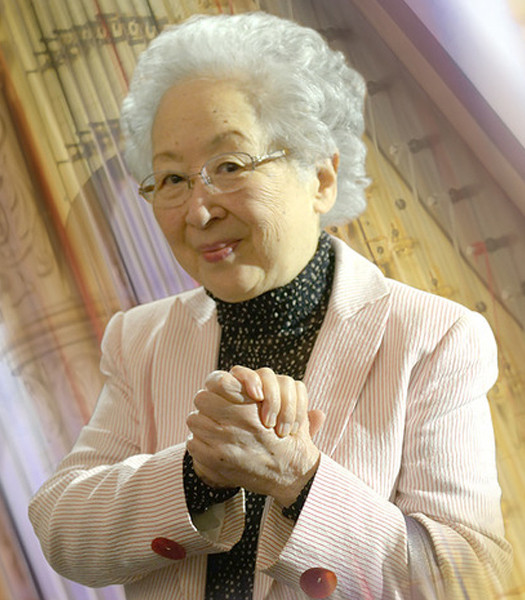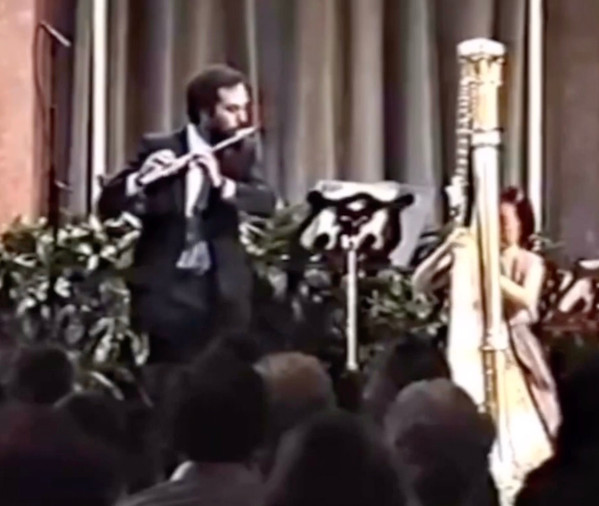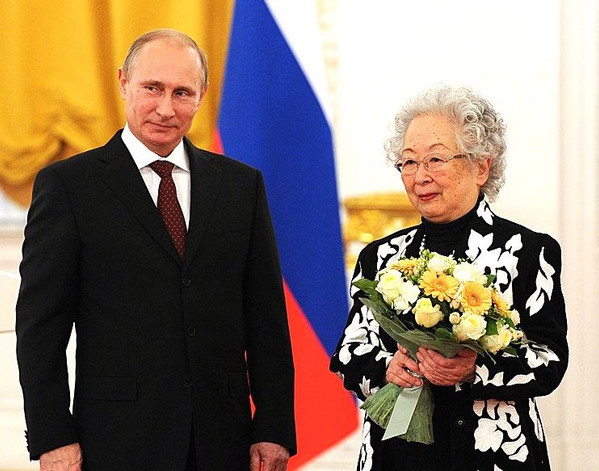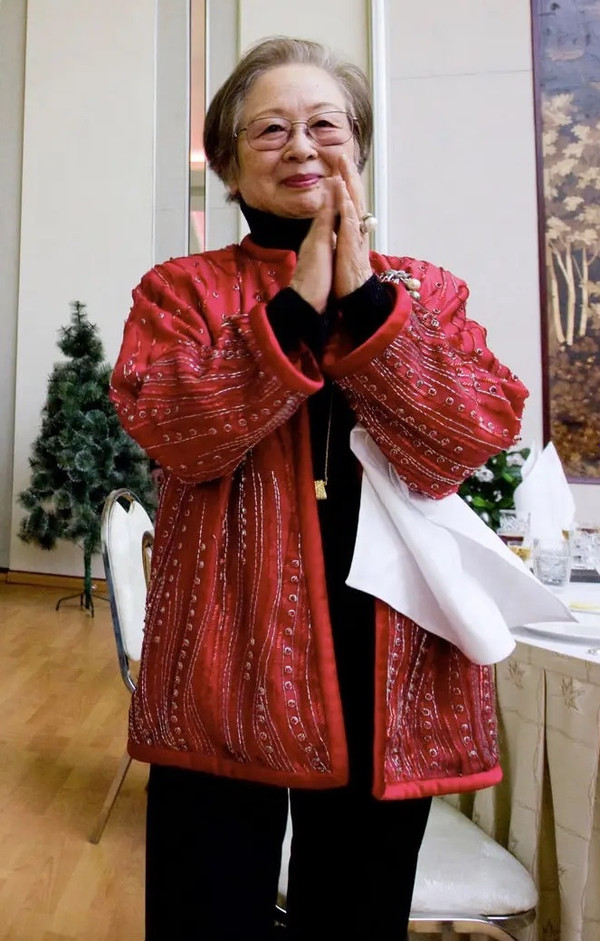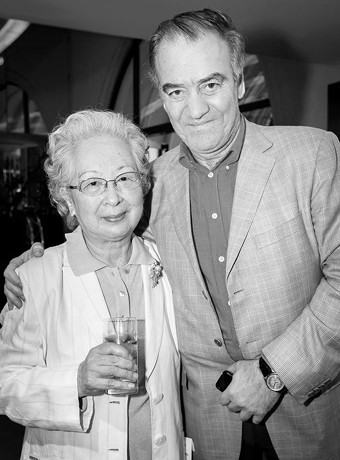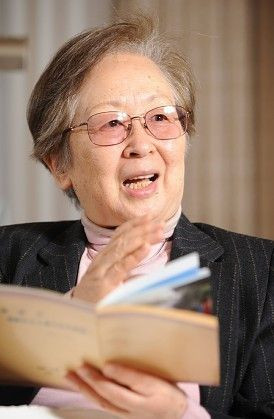Yoko Nagae
Настоящее имя: Yoko Nagae
Об исполнителе:
Countess Yoko Nagae Ceschina, or チェスキーナ · 永江 洋子 (5 April 1932, Kumamoto Prefecture, Japan — 10 January 2015, Rome, Italy) was a Japanese harpist and notable patroness of classical music, primarily known for the generous support of American and Russian ensembles and concert venues, like The New York Philharmonic Orchestra and Mariinsky Theatre. Among numerous NY Phil's events and festivals, she sponsored a widely-publicized visit to North Korea in February 2008, with the concert at East Pyongyang Grand Theatre conducted by Lorin Maazel. Yoko grew up in a relatively affluent Japanese family, exposed to music at an early age. She began playing piano at home and later studied harp at the Tokyo National University Of Fine Arts And Music. After graduating in 1960, Yoko Nagae went to Florence, Italy, to continue musical studies. In 1962, Yoko met Count Renzo Ceschina (ca.1911—1982) at Caffè Florian in Venice, an industrialist from Lombardy who was 21 years older. They subsequently began dating, with an old-fashioned courtship lasting over 15 years before Renzo Ceschina finally proposed. Nagae established a concert career as a harpist, primarily active in Italy, Austria, Belgium, and the rest of Western Europe. In 1977, shortly before their marriage, Yoko accompanied Belgian composer Karel Goeyvaerts (1923—1993) in the premiere recording of his Ach Golgatha experimental work for positive organ, harp, and percussion. Unfortunately, her marriage to Count Ceschina only lasted for five years; in 1982, he passed away at 71. Yoko Nagae-Ceschina practically ceased her active stage career after her husband's death. Her last album, an LP collection of Jacqueline Fontyn's harp works, came out in 1983 on the Belgian label Terpsichore. She had a few one-off appearances in the later years, including her July 1987 performance with flutist Mario Ancillotti at the 3rd World Harp Congress in Vienna, organized by Prof. Josef Molnar. Following lengthy legal disputes with Ceschina's relatives, the Countess claimed her inheritance estimated at around $190 million (over $½ billion in today's currency). In subsequent years, Yoko Nagae Ceschina dispensed a significant portion of her wealth to support classical music. She extensively donated to The New York Philharmonic Orchestra, Carnegie Hall, the Israel Philharmonic Orchestra, the International Harp Contest (in which she participated in 1965), and the Mariinsky Theatre in St.Petersburg, Russia. Yoko individually sponsored Maxim Vengerov, footing half of the $1.5 million bill in 1998 for a 1727 Stradivarius violin, and was one of the largest beneficiaries of Valery Gergiev. In 2011, she endowed the first named Music Director Chair in the NY Philharmonic's history, taken by Alan Gilbert (2). In November 2014, Yoko Nagae·Ceschina received the "Order of Friendship" state decoration from the president of the Russian Federation, Vladimir Putin, commending her generous donations to Mariinsky and Gergiev's charitable foundation. Yoko Nagae Ceschina died in Rome at 82; according to her will, Valery Gergiev and pianist Denis Matsuev shattered her ashes over Lake Baikal in southern Siberia. Yoko didn't have any children and left a significant part of her fortune personally to Gergiev — over 800 km² of commercial and residential real estate and agricultural land across Italy, including the XVI-century Palazzo Barbarigo in Venice and one of Piazza San Marco's historical landmarks, the iconic Caffè Quadri restaurant; the overall value of Gergiev's inheritance, per independent Russian media estimates, is close to €1 billion.
